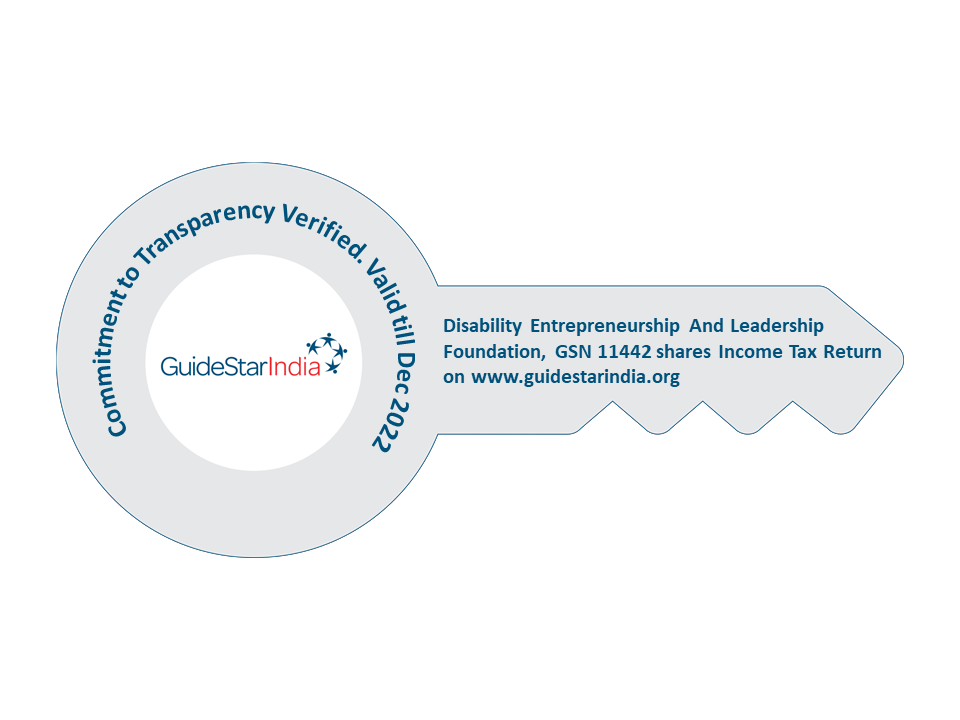The often used cliché “Health is wealth” tends to mask the issue of malnutrition in 21st Century India.
The Global Hunger Index (2020) – which is calculated on the basis of total undernourishment of the population, child stunting, wasting and child mortality — places India at the 94th spot among 107 countries.
The bane of child and maternal malnutrition is responsible for 15 per cent of India’s total disease burden.
Malnutrition as a cause of disability and premature mortality warrants urgent and targeted action.
The crisis of child malnutrition in India has often been attributed to historical antecedents such as poverty, inequality and food shortage. However, countries with similar historical and societal makeup and comparable per capita income have fared much better.
Countries such as Sri Lanka, Nepal, Bangladesh, Myanmar and Pakistan have been ranked higher than India on the Global Hunger Index at 64th, 73th, 75th, 78th and 88th spots respectively.
Malnutrition calls into question ‘Right to life’ which is one of the most basic human rights.
Malnutrition (undernutrition) is caused by lack of nutrients, either as a result of a poor diet or problems absorbing nutrients from food. One of the major effects recorded due to malnutrition is disability.
Did you know that an estimate of one billion of the world’s total population have some form of disability? A significant number of disabilities can be caused due to malnutrition. For example, the link between Vitamin A deficiency and visual impairment or sight loss is well documented.
Often malnutrition is a consequence of poverty.
Like poverty and disability, malnutrition and disability can be seen to be inter-related that is, due to disability people may become malnourished, or due to malnutrition people may suffer from a disability, both of which are not conducive for the health and wellbeing of communities.
Research suggests that $1 (Rs 75.08) spent on nutritional interventions in India could generate $34.1 to $38.6 in public economic returns — three times more than the global average.
Studies reveal that India loses up to 4 per cent of its gross domestic product (GDP) and up to 8 per cent of its productivity due to child malnutrition. (dte.org).
Urgent action is required to find new ways to reduce malnutrition which will help increase the country’s GDP and productivity rate and help reduce the burden of disease and disability.
As part of its Covid-19 Pandemic response and recovery efforts, Disability Entrepreneurship And Leadership (DEAL) Foundation is forging closer partnership working to promote a local ecosystem for integrated and holistic approaches to inclusive and sustainable development.
Through its work on creating sustainable livelihoods for persons with disability, DEAL Foundation is working with families of children with disability on issues of malnutrition and early intervention support. Based on a pilot involving local Anganwadi Centers and primary schools across Mevundi Gram Panchayat, the organization seeks to extend its work on addressing issues of malnutrition and early intervention in partnership with community based organizations across Gadag District.
To find out more about our work, please visit:
For specific queries about our work on malnutrition, health and disability please send us a mail at:


 Awarded by Guidestar India
Awarded by Guidestar India